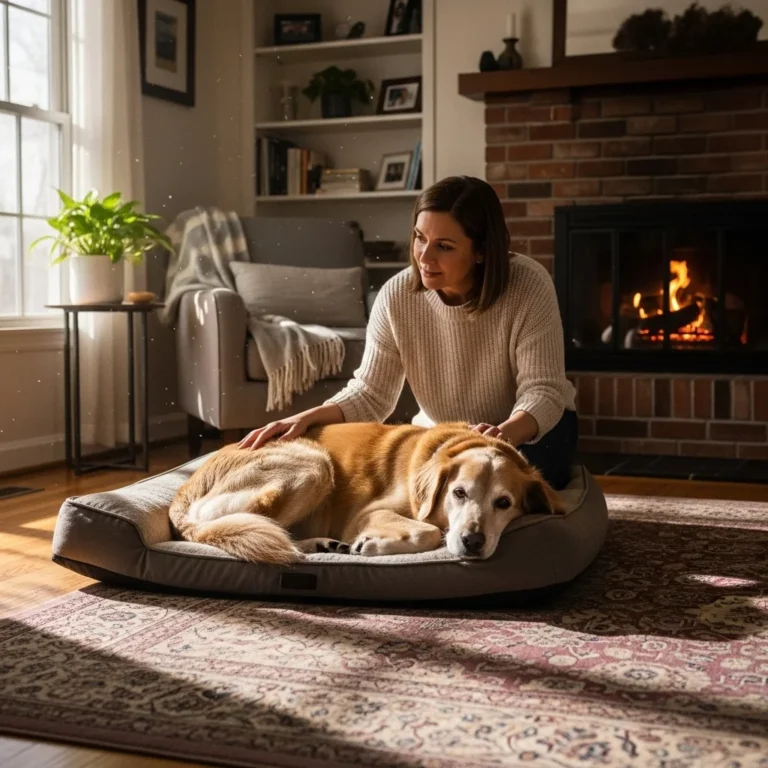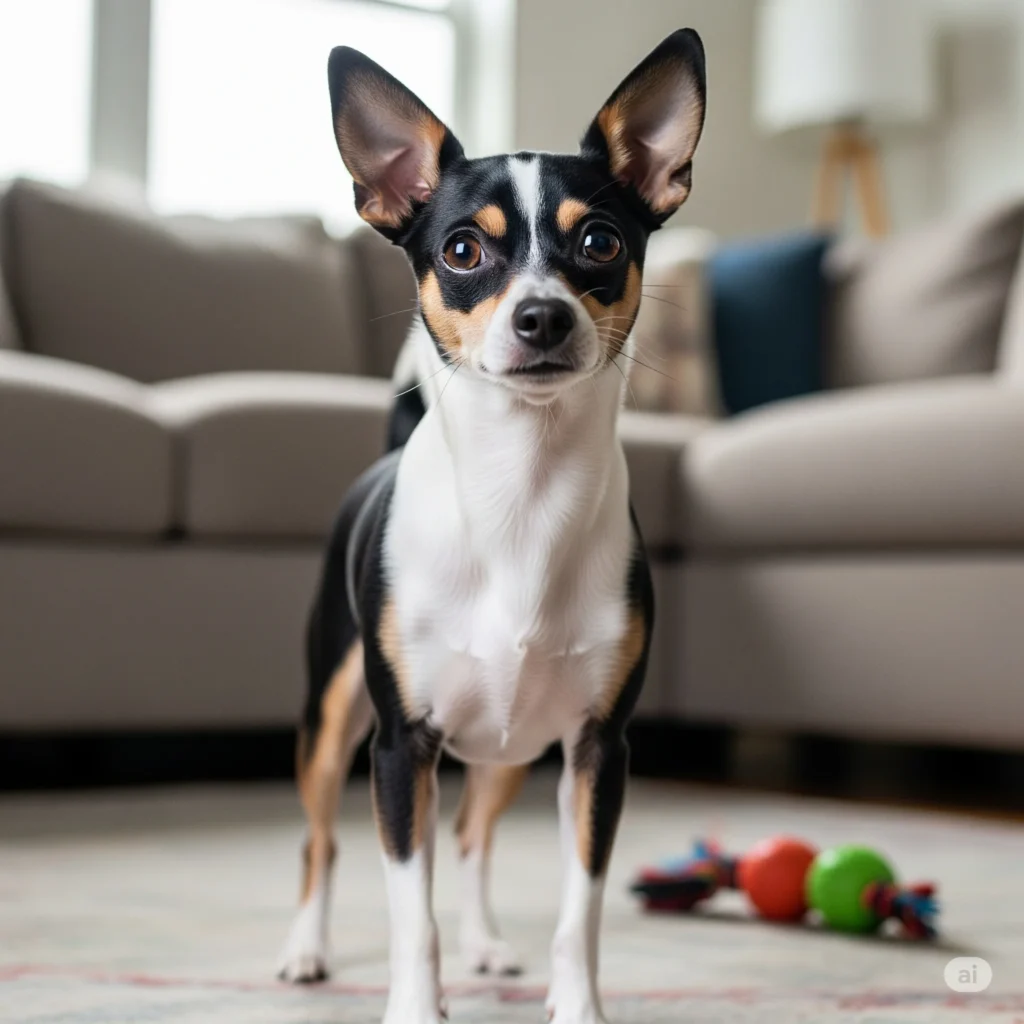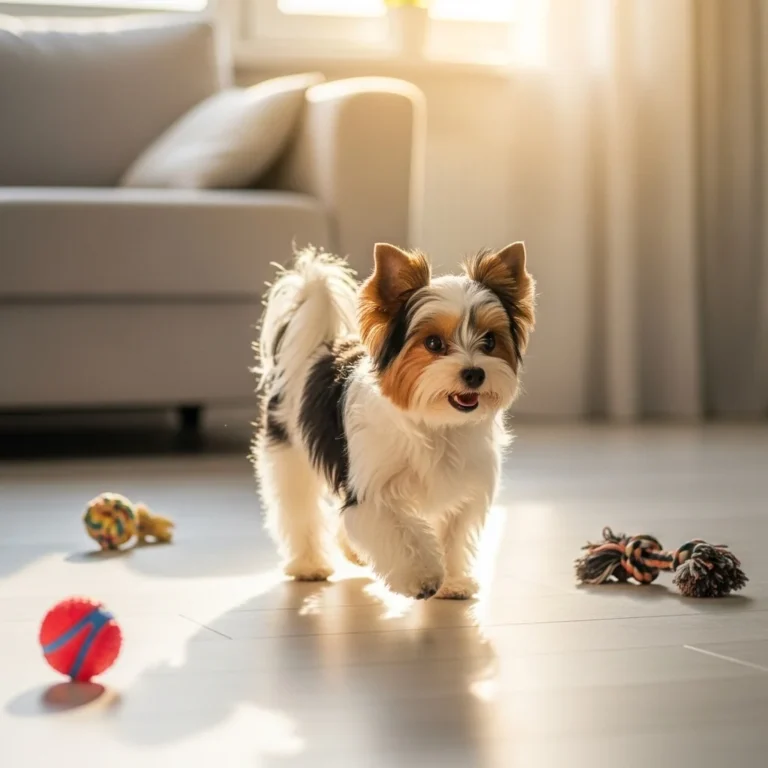
how long can dogs hold their pee
Alright, let’s talk about something nobody loves chatting about—dog pee. But if you’ve got a furry pal, it’s just part of the deal, right? Knowing how long your dog can hold it isn’t just about saving your rugs; it’s about keeping your pup happy and healthy. Nobody wants a grumpy dog or a soggy carpet!
So, how long can dogs hold their pee? Whether you’re stuck at work, on a road trip, or just trying to sleep through the night without a 3 a.m. potty run, it depends on stuff like your dog’s age, size, and health. Dr. Jennifer Coates over at PetMD says every dog’s a bit different, but there are some handy guidelines to keep you and your four-legged buddy in the clear.
How long can dogs hold their pee by age?
Puppies vs. Adult Dogs
Puppies? Oh man, they’re like little pee machines with zero chill. Their bladders are tiny, and they’ve got no concept of “holding it.” Dr. Marty Becker from Vetstreet has a solid rule: a puppy can hold it for about one hour per month of age. So, here’s the breakdown:
- 2-month-old puppy? About 2 hours.
- 4-month-old? Maybe 4 hours.
- 6-month-old? Up to 6 hours, if you Eliminating the need for a dog walker or pee pads is a lifesaver—trust me, I’ve been there. If you’re stuck at work or out late, get a pal to let your dog out or hire a dog walker. Your pup (and your rug) will be forever grateful.
Can dogs hold their pee for 24 hours?
Hard pass. Forcing your dog to hold it for a whole day is a terrible idea. It’s like you trying to skip the bathroom for 24 hours—ouch, right? It can lead to serious issues like bladder infections or, in rare cases, even a bladder rupture. No thanks!
Dr. Sarah Wooten at PetMD warns that holding pee too long lets bacteria party in there, which can cause painful infections. If you’re on a long trip or can’t get home, plan ahead—grab some pee pads, a portable doggy toilet, or swing by a pet-friendly rest stop. Your禁止
How can you tell when your dog needs to go outside to pee?
Common Signs and Behaviors
Dogs are usually pretty obvious when they gotta go. Keep an eye out for stuff like:
- Pacing around like they’re on a mission
- Sniffing everything like they’re auditioning for a detective show
- Circling like they’re about to drop a bomb
- Whining or barking by the door, basically yelling, “Hey, human, let me out!”
Subtle Cues Dog Owners Often Miss
Some dogs are sneakier about it. Watch for these sneaky signs:
- Suddenly ditching playtime like it’s no big deal
- Tucking their tail or pinning their ears back, looking all guilty
- Licking their privates more than usual—yeah, it’s weird, but it’s a clue
Catch these early, and you’ll save your floors and keep your pup smiling.
Can my dog sleep through the night without peeing?
Good news: most healthy adult dogs can snooze through 7–8 hours without a bathroom break. Puppies and senior dogs, though? They might need a midnight pit stop. Pro tip: take your dog out about an hour before bed. It’s like setting them up for a cozy, accident-free night—and you get to sleep in, too!
Do dogs need to pee before bed?
Oh, absolutely. Skipping that pre-bedtime potty break is like chugging a giant soda before crashing—recipe for disaster. A quick walk or backyard trip before lights out sets your dog up for a peaceful night and saves you from a rude awakening (or a wet bed).
Is holding pee bad for a dog?
Yup, it’s bad news. Holding it too long can lead to nasty stuff like urinary infections, bladder stones, or even kidney trouble down the road. Dr. Gary Richter from Ultimate Pet Nutrition says bladder stones are a big risk, and sometimes they need surgery. Yikes! Regular potty breaks are the easiest way to keep your dog healthy and happy.
What time to take a dog out at night?
Aim for a last potty break right before bed, say between 9 and 11 PM. For puppies or older dogs, you might need to set an alarm for a 2–3 AM quickie. Not exactly a party, but it’s better than scrubbing pee out of your carpet at sunrise.
How often should dogs pee per day?
Most dogs need to go 3–5 times a day, but it depends on their diet and water intake. Wet food or chugging tons of water means more trips outside. If your dog’s suddenly peeing like crazy or barely at all, it’s probably time for a vet visit to make sure everything’s cool.
Should you wake a sleeping dog to pee?
For puppies under 4 months, yeah, give ‘em a gentle nudge for a quick pee break. It helps avoid messes and builds good habits. For healthy adult dogs, you can usually let them snooze unless they went wild at the water bowl before bed or have some health issue.
Is it true that dogs don’t pee where they sleep?
Pretty much, yeah. Dogs are like, “Nah, I’m not peeing in my own bed.” It’s their version of keeping their space tidy. But puppies who are still figuring out potty training or dogs with health issues might break that rule and have an oopsie.
Should I punish my dog for peeing in my bed?
Nope, don’t do it. Yelling at your dog for an accident is like scolding a kid for spilling juice—it just makes them stressed or confused, not smarter. The Humane Society says dogs don’t get punishment like we do. Instead, try this:
- Clean the spot really well to kill the smell
- Figure out why it happened—stress, sickness, or just bad timing?
- Toss them a treat when they pee in the right spot
Patience and treats beat scolding every time.
What does dog pee smell like?
Fresh dog pee smells a bit like ammonia—normal, but not exactly pleasant. If it’s super strong, fishy, or just off, it could mean dehydration or an infection. Weird smells are a good reason to give your vet a call.
Do male or female dogs pee more?
It’s less about boy vs. girl and more about behavior. Male dogs love marking their territory, so they’ll sprinkle a little pee everywhere like they’re tagging their turf. Females tend to go less often but let out a bigger flood when they do. Spaying or neutering can chill out the marking and make bathroom habits easier to predict.
Conclusion
Figuring out how long your dog can hold their pee isn’t just about dodging messes—it’s about keeping your best bud comfy and healthy. Puppies, adults, and seniors all have different bathroom needs, so stay on top of their routine.
When in doubt, stick to regular potty breaks, keep the water bowl full, and watch your dog like a hawk. If something feels off, check out solid resources like AKC.org, PetMD, or Vetstreet—or just ring up your vet. Your dog’s bladder (and your floors) will thank you!
please leave comment
you may like it






